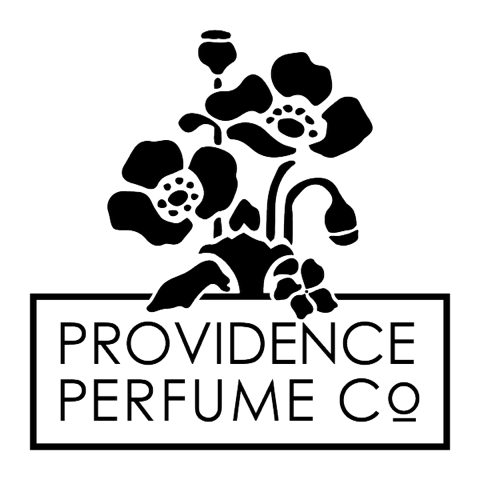
Peach and Apricot Tincture
My obsession has returned. Sometimes, it's pushed aside for other important daily tasks, but it never dissipates. I LOVE making tinctures for perfume! When teaching perfume courses, my students favorite part of the class is when we create a tincture. I've decided this is due to my overwhelming passion and tinctures benefits to perfumery I outline to the students. In addition, students feedback indicates they find making tinctures manageable and fun. Tinctures are easy to make, utilize imagination (can I tincture seaweed, and if so what will it smell like?) and easy to understand whereas blending accords and remembering which botanicals are base notes are decidedly less "fun" to many Introductory students.
The benefits to using tinctures as the alcohol base for botanical perfumes are numerous. Notice I stated "as the alcohol base." I recommend using tinctures as the perfumers alcohol for blending a perfume. I stress to the students that we are not creating a tincture to replace an essential oil or absolute (although one can tincture vanilla beans very successfully and use them as a replacement for vanilla absolute) we are more creating a subtle back note for the perfume by using the tinctured alcohol to blend.
The benefits to using tinctures in perfumes are as follows:
1. ORIGINALITY By using a tincture in your perfume you can put a highly original spin on your scent. Will anyone else be blending with your homemade squash blossom tincture? Doubtful. That unplaceable irresistible note you detect? Why it's my own New England blackberry leaf tincture!
2. FIXATION Many tinctures are created from botanical matter containing sugars and starches. These ingredients actually help a natural perfume last longer as they help trap scent molecules to the skin and slow evaporation. In addition, by using a tinctured alcohol to blend perfume we help extend a note throughout the drydown of the perfume. For example, it is notoriously hard to create a long lasting natural citrus perfume as citrus oils are top notes and evaporate quickly. If formulating a perfume using an orange tincture we are able to pull the citrus note through the length of the perfume and we can help extend the orange note through the mid and even base notes of the perfume as it dries down. I find this incredibly exciting.
3. PALETTE EXTENSION While we may not be able to source a natural blackberry essence, we can create one by tincturing freeze dried blackberries. The ability to create new aromas allows us to expand our perfumers palette.
Lilac Tincture


22 comments
Dear Charna!
In my tincture I am using 95% Ethanol, but it has a very strong smell! How can I remove this smell from tincture?
Thank you!
Hi Charna,
I know this is an older post but I’ve been doing a lot of tincturing lately and as with most research I’m getting a lot of conflicting info. I use Everclear but it is my understanding through much research that sometimes distilled water should be added to bring down the % of alcohol depending on the material being tinctured. For instance, Benzoin recipes call for 75% alcohol. Frankincense anywhere from 65-80%. I know you are the expert and love to tincture so I am hoping you can shed a little more light on this subject. Thank you. p.s. Love your new labels.
Mary
I am just about to try my hand in creating an alcohol-based perfume. I have lots of experience with oil-based ones. I read above that both Everclear 190 and organic alcohols from Alchemical Solutions have no additives. great! However, of these 2 products, which draws out the most aromatic molecules from the plant, imparting more of a full-body aroma? Is it conceivable that Everclear still carries pesticide/insecticide residue? Do either impart almost zero of their own odour or is one more odourous to begin with? Are there any other reasons to choose one product over the other, other than cost, availability or loyalty to the organics or small businesses?
Hello Patrick,
When creating natural perfumes or tinctures, you can use organic grain, grape, or sugarcane ethanol from Alchemical Solutions or Everclear or other 190 proof grain alcohol. These options have no additives and are what we use when creating tinctures. Standard “perfumers alcohol” is not considered natural as additives such as bitrex are added to render the alcohol “undrinkable.” I think these additives are what you are referring to? I should have been more clear in the post about what type of ethanol we use. Let me know if you have additional questions.
In perfumers alchohol I notice there are some other ingredients besides ethanol. So if you are using tinctures as the alchohol, are you leaving out the other compounds found in perfumers alchohol? If so… how does that affect the perfume? Why are the other compounds present in perfumers Alchohol ?